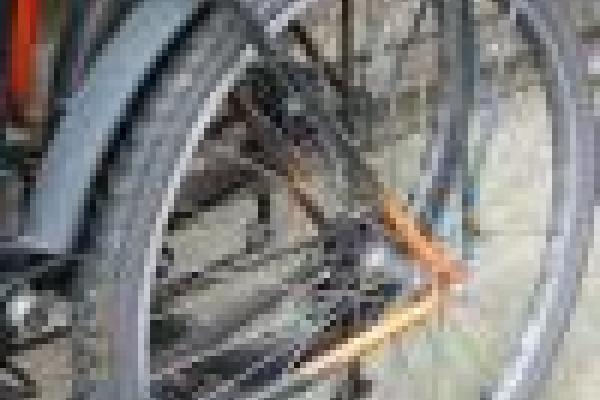Article

Outer space: Wagons Roll
The concept of a speed limit seems a simple one - until you think what can happen when a speed camera clocks a rotating wheel...